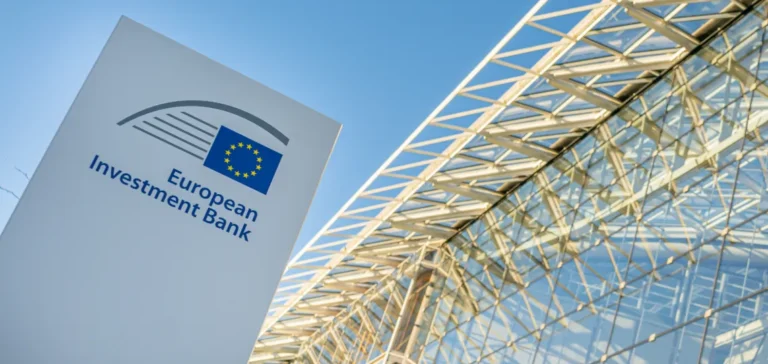The Egyptian government and EIB Global, the development arm of the European Investment Bank (EIB), signed on 15 June an agreement on the allocation of a €21mn ($22.68mn) European Union-funded grant. The envelope is intended to speed up the decarbonisation of Egypt’s economy and strengthen recycling solutions in industry. The protocol sets out how the funds will be shared among public and private industrial projects designed to cut emissions and curb pollution. The Ministry of Planning, Economic Development and International Cooperation confirmed that the initiative forms part of the national carbon-neutrality strategy.
Financing and allocation of funds
Under the agreement, €20mn ($21.60mn) will co-finance industrial investments, while €1mn ($1.08mn) will support the digitalisation of the Egyptian Environmental Affairs Agency to improve monitoring and transparency. EIB Global will oversee project implementation and spending compliance. Local authorities said the grants would complement other financial instruments already available to domestic companies. This blended-finance approach combines public and private capital to maximise leverage.
The programme is backed by a parallel €135mn ($145.80mn) EIB loan intended to mobilise about €271mn in additional investments for emissions reduction and the circular economy. The European Union has also launched the EU-Egypt Investment Guarantee for Development mechanism, capable of supporting up to €5bn ($5.40bn) in projects between 2024 and 2027. European officials view the platform as a major lever to channel finance towards Egyptian industry. Stakeholders expect faster uptake of renewable energy and lower-carbon processes.
Official statements
“This agreement marks an essential step in transforming our industry,” said Dr Rania A. Al-Mashat, Minister of Planning, Economic Development and International Cooperation, at the signing. She noted that the grant “stimulates public-private collaboration” and “catalyses sustainable industrial practices”. EIB Global was represented by Vice-President Gelsomina Vigliotti, who said the funds “will place Egyptian companies in a better position to access climate finance”. Representatives of the Environment and Finance ministries confirmed that the first calls for projects would be launched swiftly.
H.E. Stefano Sannino, Director-General of the Directorate-General for the Middle East, North Africa and Gulf of the European Commission, said the new guarantee mechanism “will accelerate large-scale strategic investments”. He recalled that the initiative follows the 2024 EU-Egypt investment conference, which identified several business opportunities. Samar Al-Ahdal, head of the European Cooperation Sector, said discussions with local banks were continuing to channel the credit lines. Yehia Aboul Fotouh, Deputy Chief Executive Officer of the National Bank of Egypt, added that companies “can now plan more ambitious decarbonisation projects”.
Industrial outlook
Investors are focusing on the cement, steel and fertiliser sectors, which account for a significant share of national emissions. The new financing lines should cover the installation of high-efficiency kilns, the integration of alternative fuels and the upgrade of waste-collection facilities. Market analysts expect growing demand for environmental monitoring technologies, driven by the agency’s digitalisation. Several local manufacturers are already assessing advanced recycling solutions to meet the programme’s eligibility criteria.






















